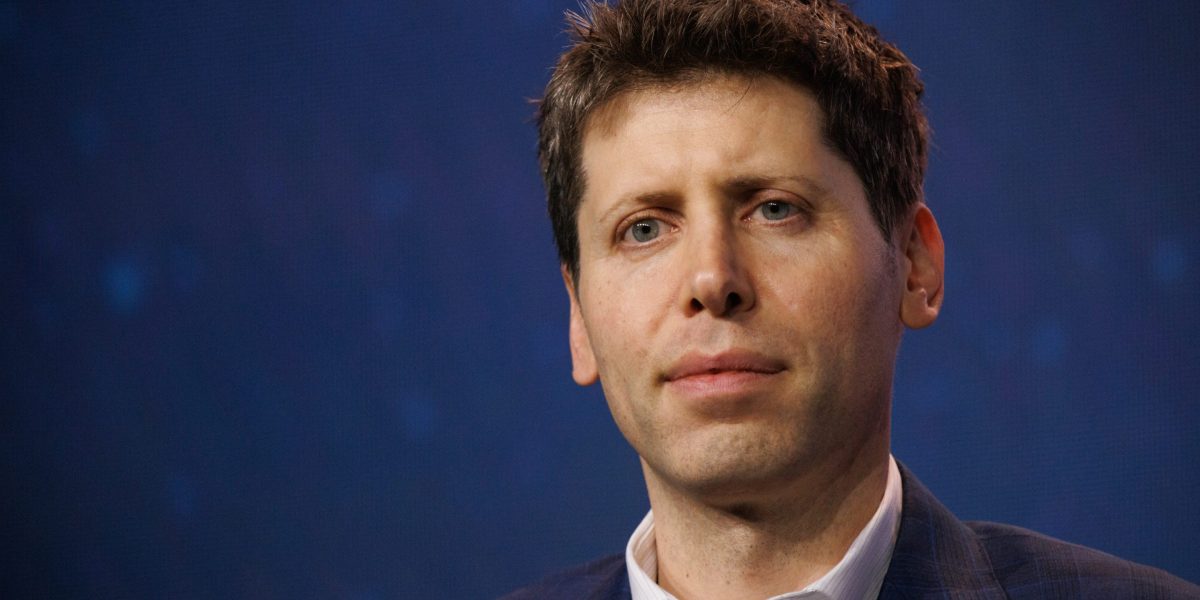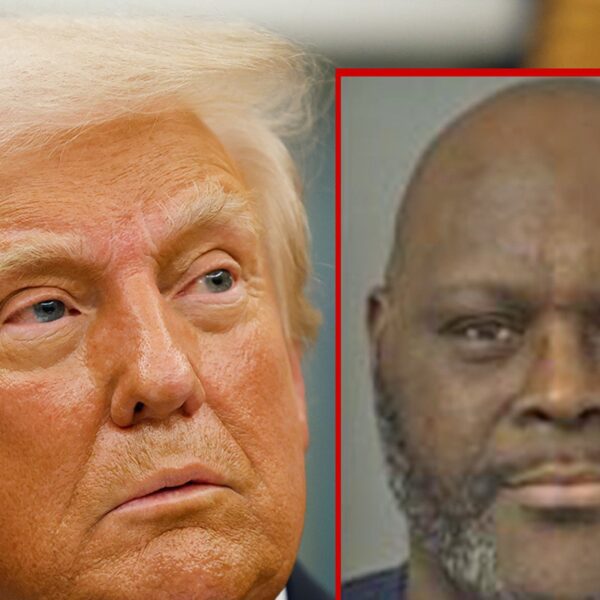
After shepherding through President Donald Trump’s ambitious blockchain agenda, the 29-year-old Bo Hines announced last week that he was stepping down from his senior White House position after almost seven months. Not surprisingly, private sector companies are now jostling to add Hines to their ranks.
In an interview with Fortune from a Times Square hotel, where Hines was staying as he traversed New York City for a day of meetings and job interviews, the former Yale wide receiver said that he’s already received more than 50 job offers since he officially vacated his role last Friday. He is seriously considering five, all in the crypto sector, with no immediate plans to return to a political career, he said.
At the White House, Hines helped notch an array of accomplishments, including a stablecoin bill signed into law and a series of blockchain-related executive orders, but his decision to leave marked an abrupt end to his short-lived tenure in the Trump administration.
“Coming out of a public servant role, I care deeply about still positioning the U.S. to be the leader here,” Hines said. “Entering back in the private sector, I feel as if I can still have a large impact on how all this unfolds over the course of the next decade.”
The crypto capital
Before Hines started as the new administration’s executive director of the President’s Council of Advisers on Digital Assets back in January, Hines was a relative unknown on the national political scene.
He had unsuccessfully run as a Republican candidate for Congress in North Carolina twice and cofounded an investment firm called Nxum Capital with his father, Todd Hines, and another partner. Bo Hines steered the operation’s political unit, leading one of its investments—an “anti-woke” media organization called Today Is America that partnered with get-out-the-vote efforts for the Trump campaign. Nxum also donated $1 million worth of billboard advertisements to MAGA Inc., one of the largest Trump-supporting super PACs.
Though Hines dabbled in crypto, an interest he picked up after playing in the college football 2014 Bitcoin St. Petersburg Bowl, he became one of the highest-profile figures in the industry following Trump’s appointment. The new president had promised to implement a blockchain-friendly agenda, choosing Hines and venture investor David Sacks to lead the initiative.
In his role, Hines met with dozens of blockchain leaders from companies like Andreessen Horowitz, Ripple, and Bank of New York Mellon, serving as a bridge between the private sector, Congress, and various agencies. Speaking from the Midtown Manhattan hotel at 10 a.m. with a lemon-lime Celsius in hand, Hines joked that the energy drink fueled the White House’s crypto agenda, which has already produced new stablecoin legislation and a Bitcoin strategic reserve.
“My number one objective was to deliver on the president’s promise to make the U.S. the crypto capital of the world,” Hines told Fortune. “I think for the most part, we’re there.”
Still, he acknowledged that the work is not yet done. Congress is still debating wide-ranging legislation that would establish further regulations for how crypto markets operate. (He declined to give a percentage chance that it would pass, saying he thinks “they will get it done.”) Patrick Witt, who played quarterback at Yale before Hines started at the university and served as Hines’s deputy in the White House, is taking over his role.
Next steps
Given his high-profile Trump administration role, Hines will have his pick of jobs coming out of the public sector. He told Fortune he’s not planning to return full-time to Nxum Capital, though he remains on the cap table and will “contribute when necessary.” He also ruled out running for a North Carolina Senate seat after Republican Thom Tillis announced he would not seek reelection, noting that Trump is already supporting Republican National Committee chair Michael Whatley.
While Hines will stay on at the White House as a special employee—a part-time role—he will only focus on artificial intelligence and not touch crypto. That allows him to pursue a career in the sector. He declined to name the companies he’s considering working for, only adding that he’s hoping to have “clarity” in the next week or so and is pursuing executive-level roles.
For now, he’s planning to spend more time at home in Charlotte, N.C., with his wife and young son and keep a less chaotic schedule. “I can now actually exercise again,” he joked to Fortune, “instead of just intermittent fasting all day.”















